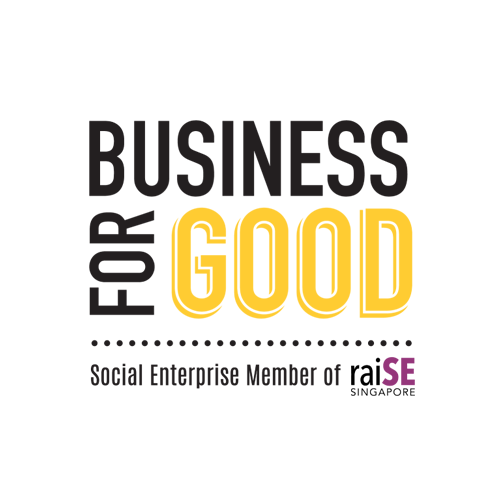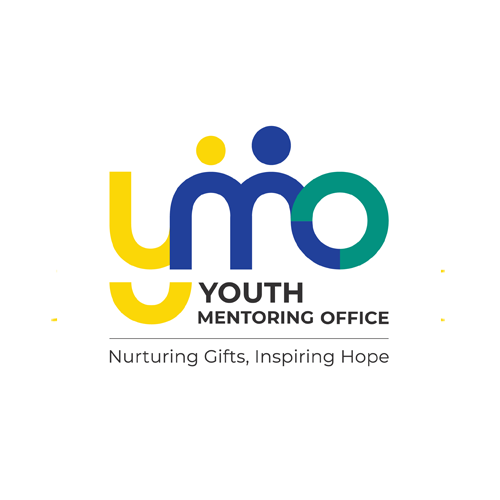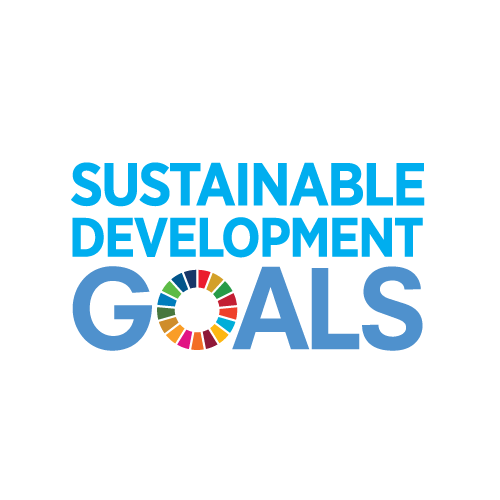History
"The 2030 Agenda for Sustainable Development, adopted by all United Nations Member States in 2015, provides a shared blueprint for peace and prosperity for people and the planet, now and into the future.
At its heart are the 17 Sustainable Development Goals (SDGs), which are an urgent call for action by all countries - developed and developing - in a global partnership.
They recognize that ending poverty and other deprivations must go hand-in-hand with strategies that improve health and education, reduce inequality, and spur economic growth – all while tackling climate change and working to preserve our oceans and forests."
United Nations
Source: sdgs.un.org
Whither, impact activists?
And so, thousands of admirable social impact initiatives have been rolled out.
For many of these, achieving sustainable development objectives means tapping on financial resources - some involving millions of dollars worth of public grants - and utilizing hundreds of hours of individual time, leveraging on monumental efforts by dedicated activists.
If what we have been doing really works, why are there still poverty, a huge class divide and environmental problems that seem to never end?
Are our efforts to achieve global sustainability sustainable?
Unfortunately, funds dry up fast. What we sell in our social enterprise, not many are buying. Some problems may have been solved, but there are more emerging. Are we actually winning our battles but losing the war?
Here then lies a question we have to really ask ourselves - are we going towards the right direction? With limited resources, should that right direction be the best direction? How long can we really last?
A broken impact ecosystem
While there are attempts to maximize outcomes, most initiatives tap on limited resources and unoptimized strengths and skill sets to help the weak directly but simply 'touch-and-go', perhaps, existing as non-profitable social enterprise or an effort depending solely on donations, indirectly cultivating a culture of dependency.
As we begin to realise that the whole world should come together to address challenges faced by specific communities in a more organised approach, Alfaritas' founder, partners and supporters began to acknowledge that there is no single powerful private platform that compels multiple stakeholders to collaborate and contribute to the achievement of the shared 17 Sustainable Development Goals above in a sustainable way.
"While there have been significant efforts to promote sustainable development, the effort itself, we find, is not sustainable."
A fully functional global impact ecosystem barely exists and the engine that runs the impact mechanism is broken due to the increasing divide. Like a broken clock that has both its hands stuck, it's a problem that needs to be fixed. We break down possible causes below.
Do we interact enough to solve real underlying problems?
We create our own solutions independently. In some instances, dedicated activists would come straight down to solving a problem, innocently thinking they are indeed achieving a major breakthrough, when in reality, they are merely fire-fighting, eradicating symptoms that result from an underlying fundamentally flawed socio-economic or environmental system.
Are we united enough to unite impact consumers?
Numerous impact networks and hubs exist. They exist to incubate and to provide opportunities for collaboration. It should be noted that initiatives and impact enterprise appear one after another, but ultimately, who is buying?
The lack of impact consumer unity is one of the reasons why our efforts are not sustainable. The fact that impact enterprise exist simply as parts of separate networks is not enough - we must work together to deliver a suite of services to add value to the lifestyles of consumers - those who are already aware of the movement and otherwise. Networks must converge and integrate to engage global impact consumers.
Should giving be a separate, optional act done only when we are well off?
To many of us, this whole business of social change is an activity separate from our other daily necessities. It is an option - done only when we are doing well.
It should not be. Creating impact should not be separate from our daily activities. In fact, it should exist as part of every activity that we indulge in. From buying groceries to going on a holiday, there should be opportunities of impact involvement at every level within the ambit of our progressive lifestyles.
These, we solve.







